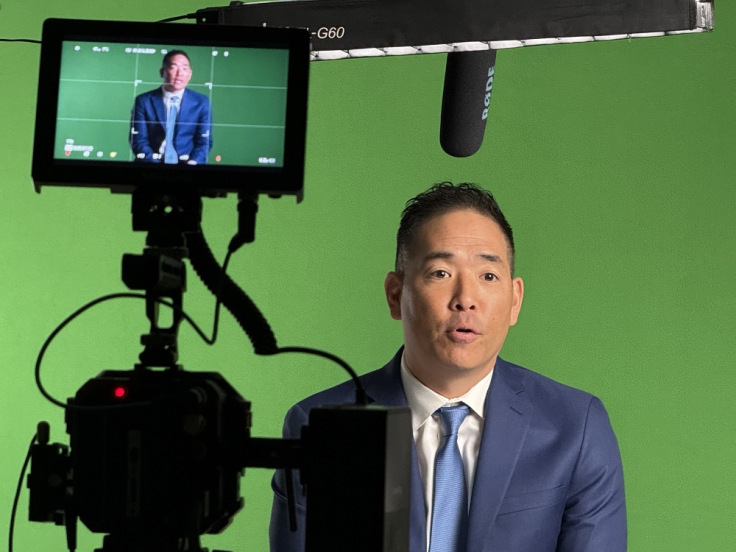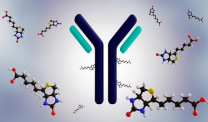Cryoablation for Mesothelioma: Cold Therapy Explained
Awareness & ResearchWritten by Travis Rodgers | Edited by Amy Edel

Cryoablation is a type of mesothelioma treatment that uses extreme cold to kill cancer cells. “Cryo” means cold and “ablation” means removing or destroying something. So, cryoablation means “destroying with cold.”
The procedure is done with a thin needle called a cryoprobe. The needle is placed directly into a mesothelioma tumor. A needle with very cold gas, like liquid nitrogen or argon, freezes the tumor. This creates ice crystals inside the mesothelioma cells. These crystals break the cells apart and stop them from growing.
It’s used to treat mesothelioma when the cancer can’t be removed completely with surgery. It’s also used for people who aren’t able to undergo major surgery.
Cryoablation can relieve pain. It can freeze the nerves in between the ribs following mesothelioma surgery. People feel numbness in that part of the body instead of pain. This reduces pain medications needed after surgery, allowing for an improved recovery.
Cryoablation isn’t a cure for mesothelioma, but it can slow cancer down and help with symptoms. It’s sometimes used with other treatments like chemotherapy, immunotherapy or radiation.
Expert Insights on Cryoablation From Dr. Jeffrey Velotta
We recently interviewed Dr. Jeffrey Velotta, a distinguished thoracic surgeon at Kaiser Permanente Oakland Medical Center in California. Along with mesothelioma survivors and leading mesothelioma experts from around the country, Dr. Velotta also participated in our recent exclusive video series.
Dr. Velotta tells us cryoablation is an excellent option for people with mesothelioma, with little to no side effects. He highlights its helpfulness in post-op recovery. Dr. Velotta adds that pain, morphine and narcotic use overall is dramatically reduced after surgery with cryoablation.

Question: Do you recommend cryoablation for all people with mesothelioma, or are there certain cases where it may not be beneficial?
Answer: I think having it in your arsenal as a possible pain adjuvant therapy is very helpful!
Question: Have you observed any adverse effects or side effects in patients who’ve undergone cryoablation?
Answer: None yet.
Question: In your experience, is cryoablation typically used on its own, or as part of a combined or multimodal treatment plan for mesothelioma?
Answer: It’s used as a multimodal treatment with an epidural, and it works well! I wouldn’t recommend using it on its own just yet, but we’re getting there.
Dr. Velotta also shared he’s submitted an abstract for the upcoming International Thoracic Surgical Oncology Summit. The American Association for Thoracic Surgery is hosting the summit. The event is scheduled for September 2025 in Boston, where he hopes to present his work.
Potential Risks of Cryoablation for Mesothelioma
Because cryoablation is still a relatively new treatment for mesothelioma, researchers have limited long-term data on its safety and effectiveness. This therapy works best for people who have a small number of tumors in one area.
Mesothelioma often spreads as many small tumors throughout the chest or abdomen. This makes it hard to target all the cancer cells with the procedure.
As Dr. Velotta shared, he hasn’t seen cryoablation side effects with any of his patients in the time he’s been using this procedure. Some experts suggest there is some risk of bleeding, infection and damage to nearby nerves or organs if the cryoprobe isn’t placed correctly.
Flu-like symptoms such as fever, chills and body aches have been reported for several days or weeks after cryoablation in people treated for different types of cancer. This is known as post-ablation syndrome.
Rare but serious complications can also occur, such as a collapsed lung or a bronchopleural fistula. A bronchopleural fistula is an abnormal opening between the airways and the space between the lungs and chest wall. These issues are uncommon but may require urgent care.
Studies on Cryoablation for Mesothelioma
Researchers are still working to better understand how effective cryoablation is for treating mesothelioma in clinical trials. There are several ongoing cryoablation trials recruiting lung cancer patients in the U.S., China and France, according to the National Institutes of Health. Some specialized cancer centers, such as UCLA Health, already offer cryoablation for people with mesothelioma.
Doctors at UCLA have used cryoablation to help slow the return of mesothelioma after standard treatments like surgery, chemo and radiation. Dr. Fereidoun Abtin performed the cold-based procedure 110 times with mesothelioma patients. He published the significant results with his colleagues in the Journal of Vascular and Interventional Radiology. All patients went at least 30 days without the cancer coming back and more than 90% remained cancer-free for at least 6 months.
If you’re interested in cryoablation, talk with your doctor about the possible benefits and risks. They can help you decide if this treatment may be right for you.
Dr. Velotta regularly shares his insights with us here on Asbestos.com and @themesocenter, as well as on his personal social account @jvelottamd.







